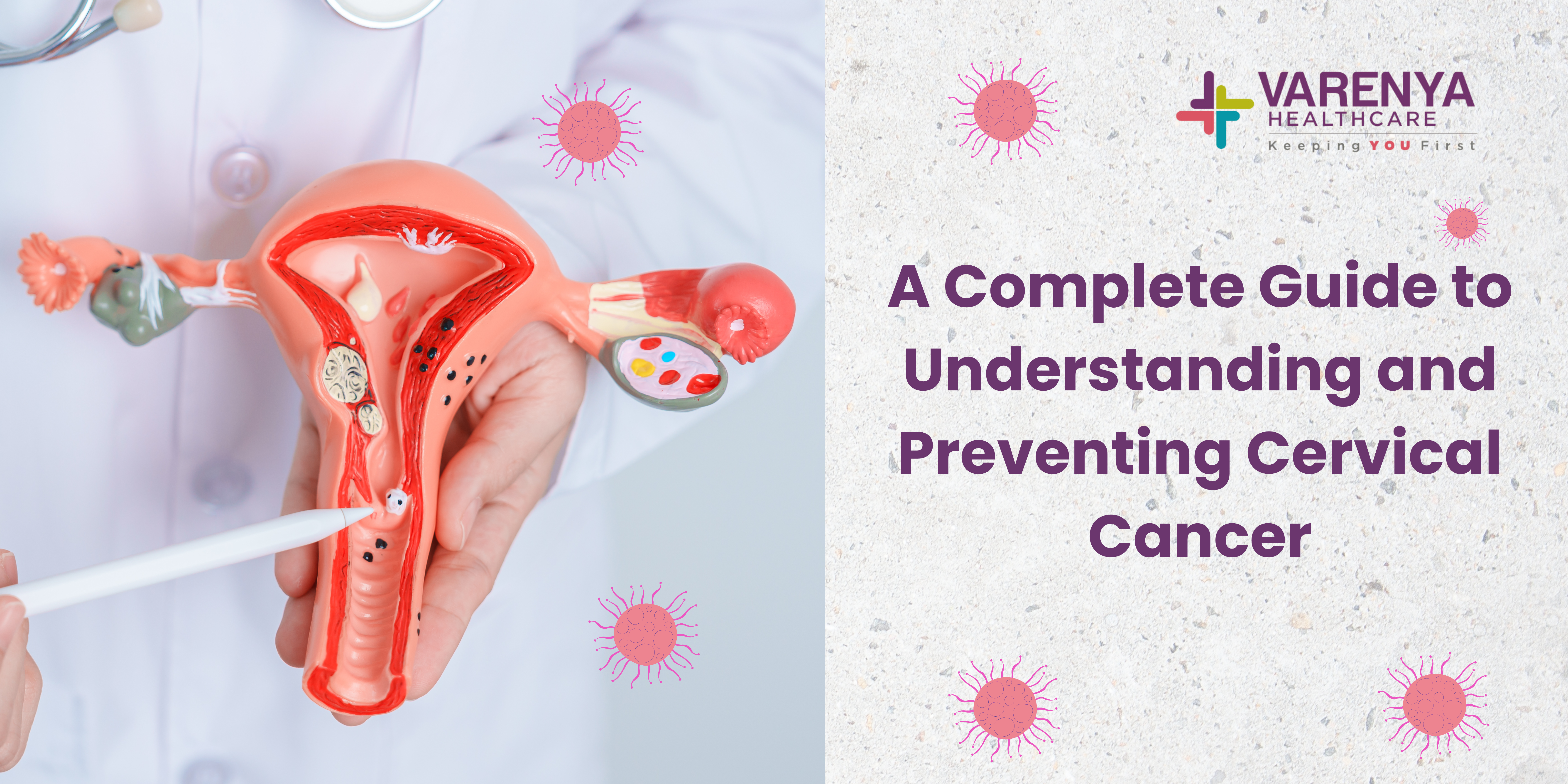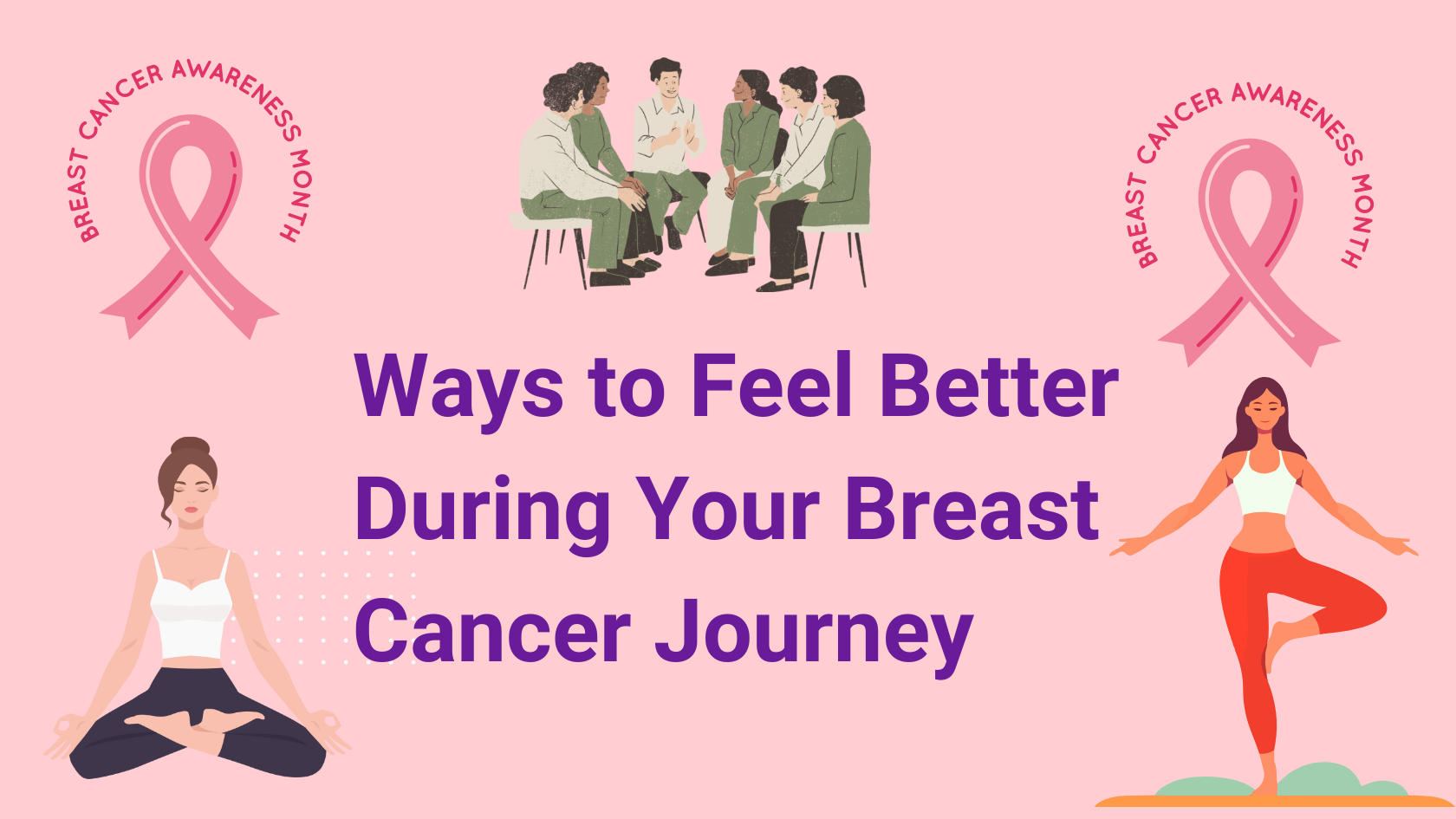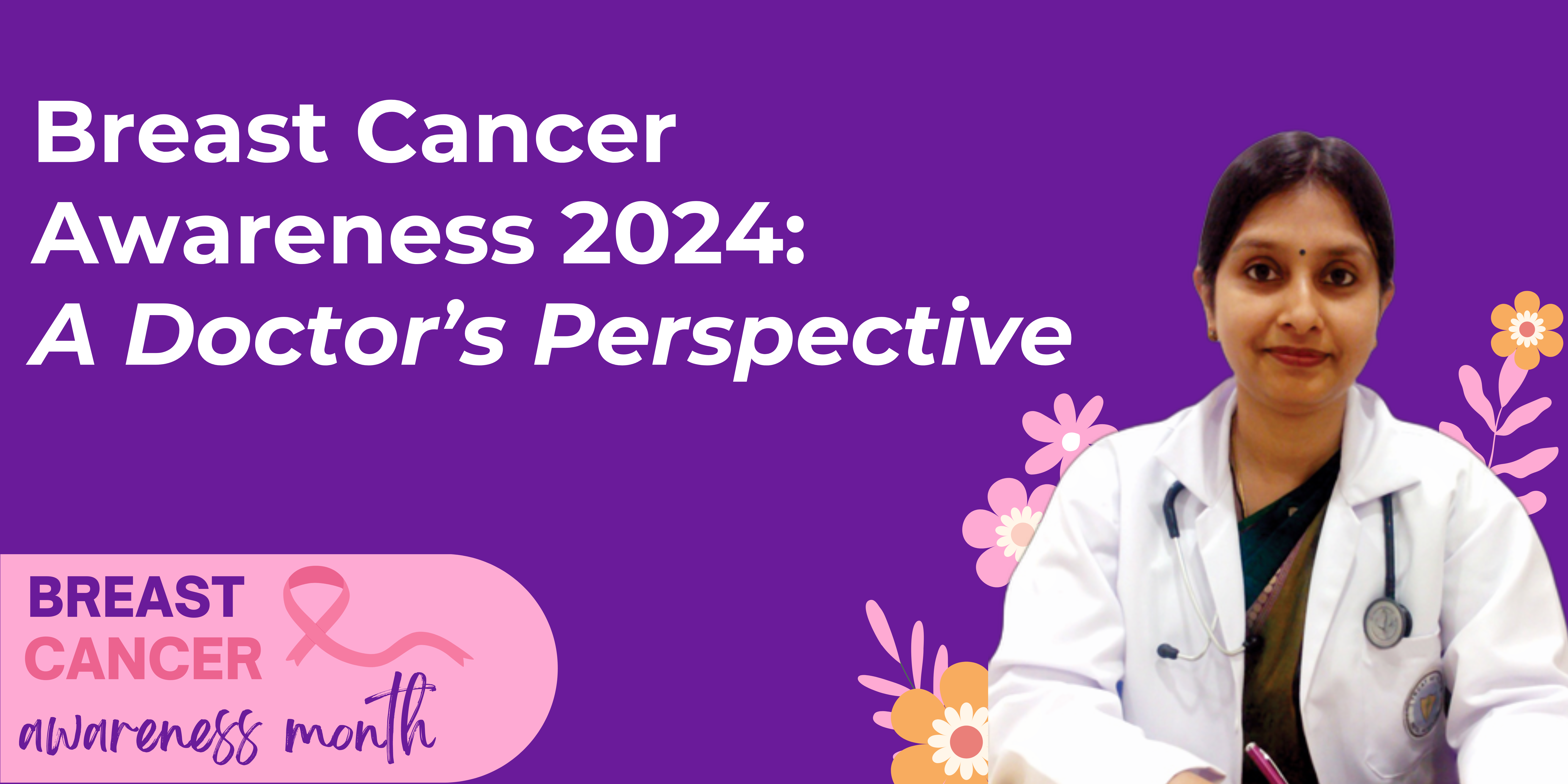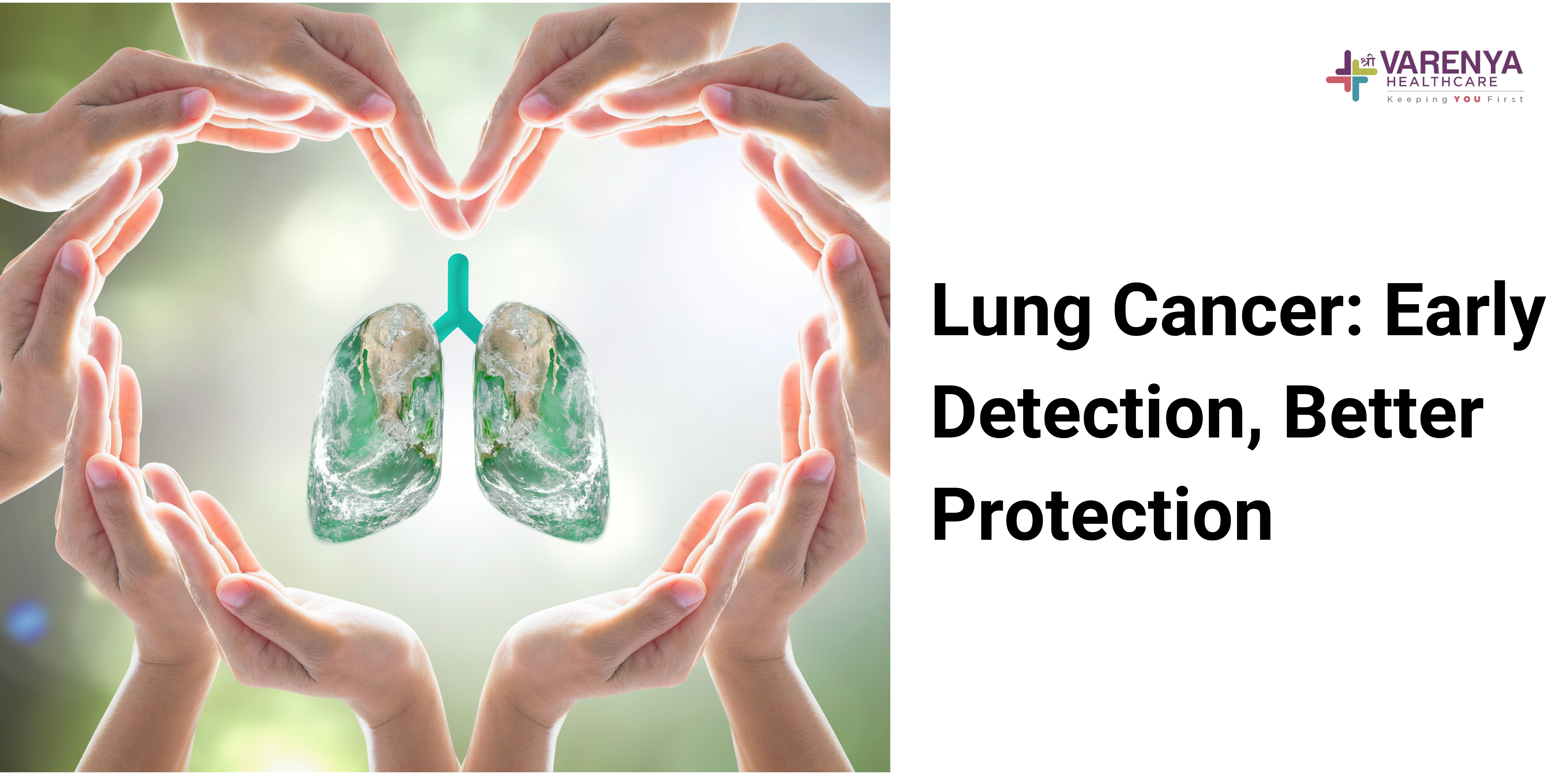 Cancer is a disease surrounded by fear, confusion, and a lot of myths. These misconceptions can be harmful, not only by creating unnecessary anxiety but also by preventing people from seeking the truth or taking preventive measures. For World Cancer Month, it’s important to separate fact from fiction, and in this blog, we’ll be debunking some of the most common cancer myths. Let’s dive into this and clear a lot of misunderstandings
Cancer is a disease surrounded by fear, confusion, and a lot of myths. These misconceptions can be harmful, not only by creating unnecessary anxiety but also by preventing people from seeking the truth or taking preventive measures. For World Cancer Month, it’s important to separate fact from fiction, and in this blog, we’ll be debunking some of the most common cancer myths. Let’s dive into this and clear a lot of misunderstandings
Myth 1: Cancer is Contagious
One of the most widespread and harmful myths about cancer is that it’s contagious. Some people fear that they could catch cancer from someone else, much like they would catch a cold or the flu. But here’s the truth: Cancer is not contagious. You cannot catch cancer from touching, kissing, or being around someone who has cancer.
Cancer develops when cells in the body grow uncontrollably, and this process is unique to the individual’s body. While certain viruses like the human papillomavirus (HPV) and hepatitis B and C can increase the risk of certain cancers (like cervical and liver cancer), the cancer itself is not contagious. The fear of cancer being contagious only adds to the stigma and isolation that many cancer patients face.
Myth 2: Only Smokers Get Lung Cancer
We’ve all heard the saying, “Lung cancer is a smoker’s disease.” While it’s true that smoking is the leading cause of lung cancer, it is far from the only cause. About 20% of people with lung cancer have never smoked a day in their lives.
Other risk factors for lung cancer include exposure to harmful chemicals and air pollution. Even a family history of lung cancer can increase a person’s risk, regardless of whether they smoke. So, while smoking is a major risk factor, it’s not the sole cause of lung cancer. If you’re concerned about lung cancer, it’s essential to be aware of all the potential risk factors, not just smoking.
Myth 3: Cancer Always Causes Pain
Another common misconception is that cancer always causes pain. While cancer can be painful, it’s not always the case. Many cancers, especially in the early stages, may not cause any pain at all. Symptoms can vary depending on the type of cancer, its location, and how advanced it is.
Some cancers, like early-stage breast or colon cancer, may not cause any obvious symptoms at all, while others, such as pancreatic cancer, may cause symptoms that are mistaken for something else, like indigestion.
Pain only tends to occur when cancer has reached an advanced stage, affecting nearby organs or tissues. So, don’t wait for pain to show up before getting checked. Regular screenings and early detection can help catch cancer before it becomes painful or even noticeable.
Myth 4: A Strong Immune System Can Prevent Cancer
A healthy immune system indeed plays a crucial role in fighting infections and, in some cases, recognizing and eliminating cancerous cells. However, a strong immune system does not guarantee that you won’t get cancer. Cancer is caused by genetic mutations that can occur for many reasons, and sometimes the body’s immune system doesn’t catch or respond to those mutations.
While maintaining a healthy immune system is important for overall health, it’s not a shield against cancer. Other factors contribute to cancer, such as environmental exposures, lifestyle choices, and even genetics. So, it’s not just about boosting your immune system; it’s about managing your risk through prevention and early detection.
Myth 5: Cancer Only Affects Older People
It’s easy to assume that cancer is a disease that mainly affects older adults, but that’s a myth. While the risk of developing cancer does increase with age, cancer can affect anyone, regardless of age. In fact, more than 70,000 children and adolescents in the U.S. are diagnosed with cancer each year, according to the American Cancer Society.
Many cancers, such as testicular cancer, Hodgkin lymphoma, and bone cancer, are more common in younger people. It’s important to be aware of the potential for cancer at any age and to not dismiss unusual symptoms because of age. Regular check-ups and being alert to changes in your body are key to catching cancer early, regardless of your age.
Myth 6: A Cancer Diagnosis is a Death Sentence
Perhaps one of the most devastating myths about cancer is that a diagnosis automatically means death. While cancer is a serious disease, advancements in cancer treatment have drastically improved survival rates, and many cancers are treatable when caught early. In fact, the overall cancer survival rate has increased by nearly 30% in the last few decades.
Cancer treatments, such as chemotherapy, radiation, immunotherapy, and surgery, have become more effective, and more people are living longer and healthier lives after a cancer diagnosis. Just because someone has been diagnosed with cancer doesn’t mean it’s the end of the road. With early detection, modern treatments, and the right support, many people survive cancer and go on to live full lives.
Myth 7: Sugar Feeds Cancer
This myth has been circulating for years, but it simply isn’t true. While it’s true that cancer cells consume more sugar than normal cells, it does not mean that eating sugar directly causes cancer to grow or that cutting out sugar from your diet will stop cancer from growing. The body needs sugar (in the form of glucose) for energy, and cutting sugar entirely is neither necessary nor healthy.
Instead of focusing on sugar, it’s better to focus on a balanced diet rich in fruits, vegetables, whole grains, and lean proteins, which can help support your overall health. Eating a healthy diet can help prevent cancer, but there’s no evidence to suggest that sugar directly feeds cancer cells.
Myth 8: All Cancers Have the Same Symptoms
Each type of cancer presents itself differently. Some cancers cause visible lumps or swelling, while others may cause vague symptoms like fatigue, weight loss, or changes in skin color. It’s important to understand that there is no universal set of symptoms for cancer. For example, breast cancer may present with a lump, while pancreatic cancer may present with vague symptoms like back pain or digestive issues.
Because of this, it’s critical to understand the specific signs and symptoms associated with the types of cancer that you’re at risk for. Regular screenings and staying in tune with your body’s changes are essential in detecting cancer early when it’s most treatable.
Myth9: Superfoods Can Stop Cancer
While maintaining a healthy diet rich in fruits and vegetables can contribute to overall well-being and may lower cancer risk, no single food or “superfood” can prevent or cure cancer. A holistic approach to nutrition is vital for health but should include a variety of foods rather than relying on specific items.
Myth 10: No Family History Means No Risk
Many people believe that without a family history of cancer, they are not at risk. This is misleading; while genetics can play a role in some cancers, most cases occur in individuals without a family history. Lifestyle factors such as diet, exercise, and exposure to carcinogens also significantly influence cancer risk
Cancer is a complex disease with many myths and misconceptions surrounding it. Understanding the facts can help reduce fear, improve prevention efforts, and encourage early detection. While cancer is not something anyone wants to face, we can all take steps to reduce our risk and be proactive about our health. Whether through regular screenings, maintaining a healthy lifestyle, or knowing the facts, debunking these common cancer myths is the first step in fighting the disease and supporting those affected by it.
So, remember, cancer is not contagious, it’s not just for older adults, and it certainly doesn’t have to be a death sentence.
If you or a loved one are facing cancer, don’t go through it alone. Reach out to our compassionate oncologists at Varenya Healthcare.
We’re here to guide you with the right knowledge, offer unwavering support, and help you navigate this journey with hope and confidence.
Let us help you make informed decisions, with the care and understanding you deserve.
Together, we’ll face the challenges ahead with strength.
Visit our website for more details.






